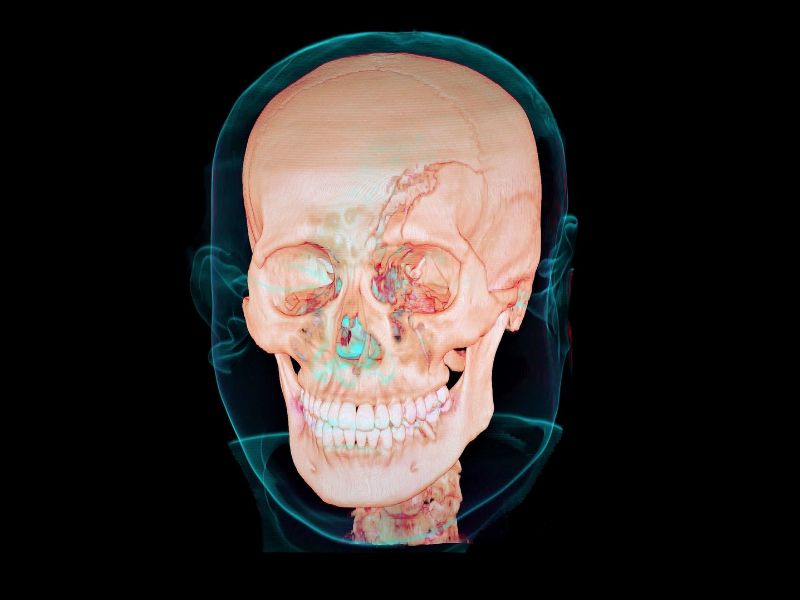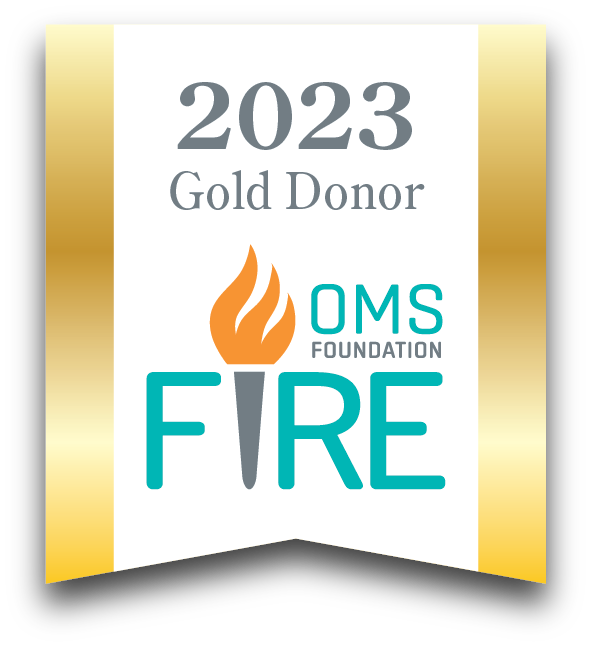What to Do After You Hurt Your Face or Jaw: How to Deal with Facial Trauma

A car accident, a fall, or even a fight can hurt your face in an instant. Some cases only have small cuts and bruises, but others can break the jaw, cheekbone, or eye socket. It's very important to get medical help right away, even if the injury doesn't seem serious, to avoid problems down the road.
This guide talks about the different kinds of facial injuries, what to do right after one happens, and how oral and maxillofacial surgeons can help you get your function and look back.
What Does It Mean to Hurt Your Face?
Facial trauma is any damage to the bones (jaw, nose, cheekbones, eye sockets) or soft tissues (skin, muscles, nerves) of the face. Some common causes are:
· Falls or slips
· Injuries from contact sports
· Accidents with cars or motorcycles
· Accidents at work
· Assault in person
· Accidents that happen while having fun, like biking or skateboarding
These injuries could only hurt soft tissue, or they could also break bones, dislocate joints, or hurt teeth.
Different Types of Face Injuries
Knowing what kind of trauma happened helps figure out the best care.
✅ Injuries to soft tissue
Cuts, scrapes, or deeper cuts on the skin, lips, or inside the mouth.
✅ Broken bones in the face
Fractures in the zygomatic arch (cheekbone), mandible (jaw), nose, or bones around the eyes (orbital bones).
✅ Trauma to the teeth
Teeth that are cracked, loose, or knocked out.
✅ Dislocation of a joint
Damage to the temporomandibular joint (TMJ), which connects your jaw to your skull.
What to Do Right Away After You Hurt Your Face
Do these things right away:
· Put pressure on wounds that are bleeding
Use a clean cloth or sterile gauze to stop the bleeding gently.
· Put a cold cloth on it
Lower swelling and pain. Don't ever put ice directly on your skin.
· Save teeth that have fallen out
Put the tooth in milk or salt water and take it to the dentist with you.
· Don't move your jaw
If you think your jaw might be hurt, keep your mouth shut.
· Get medical help from a professional
X-rays or scans may be the only way to see internal injuries, even if they don't seem serious.
How to Tell If You Have Facial Damage
An oral and maxillofacial surgeon will:
· Look at the hurt
· Ask for CT scans, X-rays, or 3D images
· Find fractures, joint dislocations, or damage to soft tissue that isn't visible
Getting a diagnosis early makes treatment faster and more accurate.
How to Deal with Face Trauma
Depending on how bad it is, treatment may include:
�� Non-Surgical Treatments:
· Stitches for small cuts
· Repositioning or stabilizing teeth that have come loose
· Cold therapy and drugs that reduce inflammation
��️ Treatments with surgery
· Fixing broken bones: putting them back in place with plates and screws
· Jaw stabilization: temporary wiring or support for a broken jaw
· Replacing teeth that can't be saved with dental implants
· Bone grafting: rebuilding lost bone and restoring the shape of the face
Whenever possible, minimally invasive methods are used to speed up healing and reduce scarring.
Do You Need Surgery to Fix an Injury to Your Face?
Not all the time. A lot of people think that facial trauma always needs crowns or jaw surgery. But if the damage isn't too bad and is found early, conservative care might be all that's needed.
CT-guided surgery is usually only done for very bad or complicated injuries because it makes sure the surgery is done correctly and speeds up recovery.
Getting Better and Taking Care of Yourself After
· If chewing hurts, stick to soft foods
· Take the antibiotics and painkillers that your doctor tells you to
· Don't do any hard work or sports while you're healing
· Go to follow-up visits to check on the healing
· Look into dental restoration options like implants if you need them
Why It's Important to Get Help Early
Waiting to get treatment could lead to:
· Misalignment of the jaw
· Long-term pain in the face
· Scars or changes that last on the face
· Loss of teeth or bones
· Can't talk or chew well
Getting help early is important for a smooth recovery and keeping your quality of life.
Start the Process of Getting Better
Don't wait if you've hurt your face or jaw. Getting help from a qualified oral health professional on time makes sure you get the right care, whether it's surgery or not.
�� Call now to set up your consultation.
We'll help you with the evaluation, imaging, and best treatment options to help you feel better, look better, and feel more confident.








